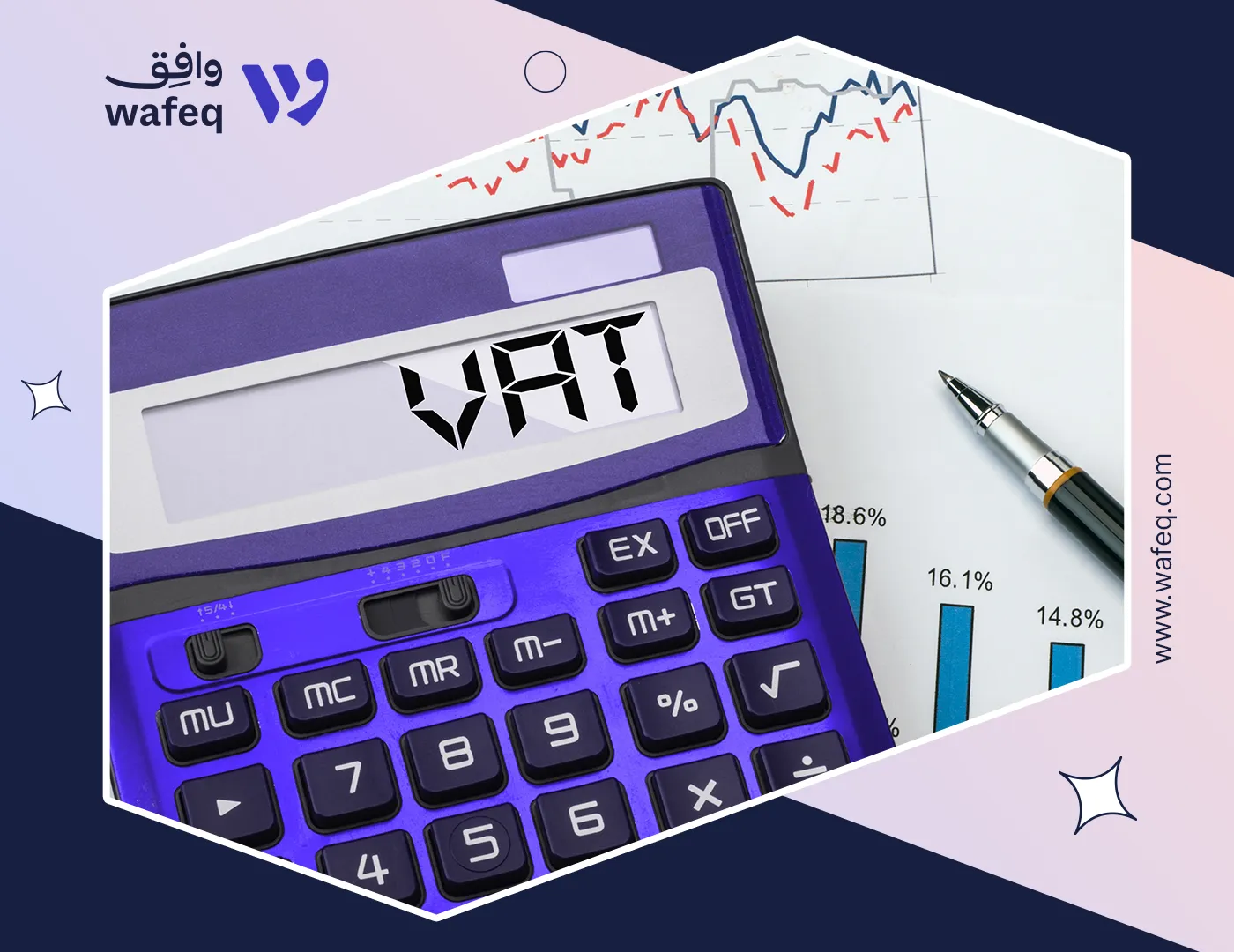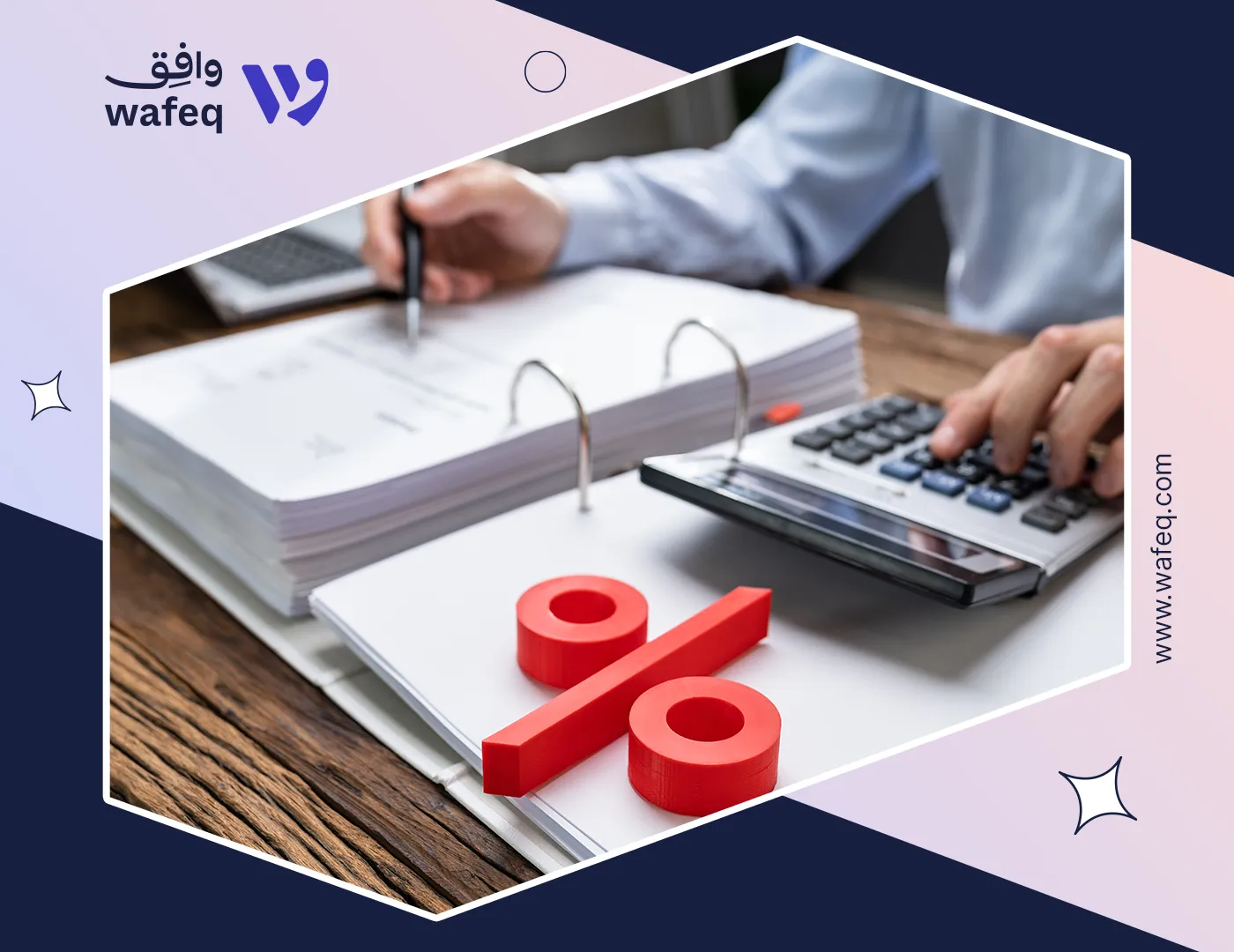What are the recent UAE amendments to the VAT for e-commerce?

Electronic commerce has revolutionized how businesses operate globally, and the United Arab Emirates UAE is no exception. With a rapidly growing population and a thriving economy, the UAE has seen a significant increase in adopting e-commerce platforms in recent years.
However, as the popularity of online shopping continues to soar, so do the challenges associated with regulating e-commerce transactions. In response to these challenges, the UAE government has issued new laws related to VAT, which have far-reaching implications for both e-commerce businesses and consumers. In this article, you will explore the impact of the new VAT laws on the UAE e-commerce sector.
What are the amendments to the VAT for e-commerce?
The Council of Ministers in the United Arab Emirates has recently issued Decision No. (26) of 2023, which outlines amendments to Decision No. (52) of 2017 related to the executive regulations of Federal Decree-Law No. (8) of 2017 regarding VAT. The Decision includes every individual registered or required to be registered for tax purposes under the Decree must comply with the amendments.
The law's main objective is to encourage registered individuals to maintain accurate records of their transactions to demonstrate the emirate in which the supply took place. As per the general rule, the supplies must be reported in the emirate where the taxable individual's establishment is located.
The amendment seeks to establish a more transparent and clear regulatory framework for e-commerce businesses operating in the UAE and to ensure compliance with the applicable VAT laws.
What goods and services are covered by the VAT law for e-commerce?

The scope of goods subject to the law refers to Physical property that can be supplied, including but not limited to real estate, water, and all forms of energy as specified in the Executive Regulation. In terms of services provided, this refers to any non-material property that can be supplied, excluding goods.
The clarity provided by this definition ensures that businesses operating in the e-commerce sector have a clear understanding of the types of goods and services that are subject to VAT. By establishing clear guidelines, businesses can better ensure compliance with the law and avoid penalties or sanctions for non-compliance.
All you need to know about VAT in UAE, read more.
What are the e-commerce criteria and Conditions after the recent amendments?
The recent Decision by the Council of Ministers in the UAE defines the criteria and conditions for electronic commerce, as outlined in Clause (5) of Article (72) of the Executive Regulations. The Decision applies to every entity that supplies goods and services as electronic commerce through an electronic commerce intermediary, provided that all of the following criteria and conditions are met:
The goods and services are listed or advertised on an electronic commerce medium.
Electronic commerce refers to any website, portal, platform, interface, marketplace, program (API), or similar application that facilitates the sale of goods or services, including electronic platforms, social media stores, electronic applications, and the like.
The Goods and Services are ordered through the Electronic Commerce Medium, regardless of whether the payment is made online.
The goods, if supplied, must be delivered to a location specified by the customer unless that location is owned or operated by the supplier. This criterion helps to ensure that businesses are meeting the needs and preferences of their customers and delivering goods in a timely and efficient manner.
Services are considered to be provided if they are supplied, or the right to receive services is granted to the customer with less or without human intervention. This criterion helps to clarify the types of services that are subject to the regulations and provides guidance for businesses on how to comply.
Read in detail about "What are the different VAT rates in the UAE?"
When will the new law come into effect and be enforceable?
Registrants are required to acknowledge the declaration of approved supplies in electronic commerce as of July 1, 2023, by maintaining records and evidence related to their business and submitting a VAT return after exceeding the limit of AED 100 million; the registrant must also confirm the date on which he exceeded that limit. It is important to note that this Decision will be published in the Official Gazette.
What is the Significance of the Recent Amendments to the VAT Law in the UAE?
The recent amendments to the VAT law in the UAE provide greater clarity and transparency for e-commerce businesses.
The new laws define the responsibilities of businesses in terms of VAT registration, reporting, and payment, which should reduce confusion and minimize the risk of non-compliance.
The amendments also introduce a new mechanism for VAT collection on cross-border transactions, which helps prevent revenue loss when goods are purchased from overseas suppliers.
For consumers, the new VAT laws may lead to some changes in the cost of goods and services purchased online, but the overall impact is expected to be minimal.
The introduction of VAT ensures that e-commerce businesses compete on a more level playing field with traditional retailers.
Overall, implementing these changes is a positive development for the UAE's e-commerce sector, which is expected to continue to grow in importance as the country's economy diversifies and expands.
The Conclusion
the implementation of VAT amendments for electronic commerce supplies in the UAE represents a significant step forward in regulating e-commerce transactions in the country. The new laws have far-reaching implications for businesses operating in the e-commerce sector and consumers who purchase goods and services online.
The changes have been designed to create a more level playing field between traditional brick-and-mortar retailers and e-commerce businesses, while also ensuring that the government can collect taxes on online transactions.
For e-commerce businesses operating in the UAE, it is crucial to ensure compliance with the updated VAT regulations in order to avoid penalties and maintain a positive reputation in the market.
To help simplify the tax payment process and ensure adherence to legal regulations, many businesses choose to use accounting software designed specifically for the UAE market. such as Wafeq
To help simplify the tax payment process and ensure adherence to legal regulations, many businesses choose to use accounting software designed specifically for the UAE market. such as Wafeq




